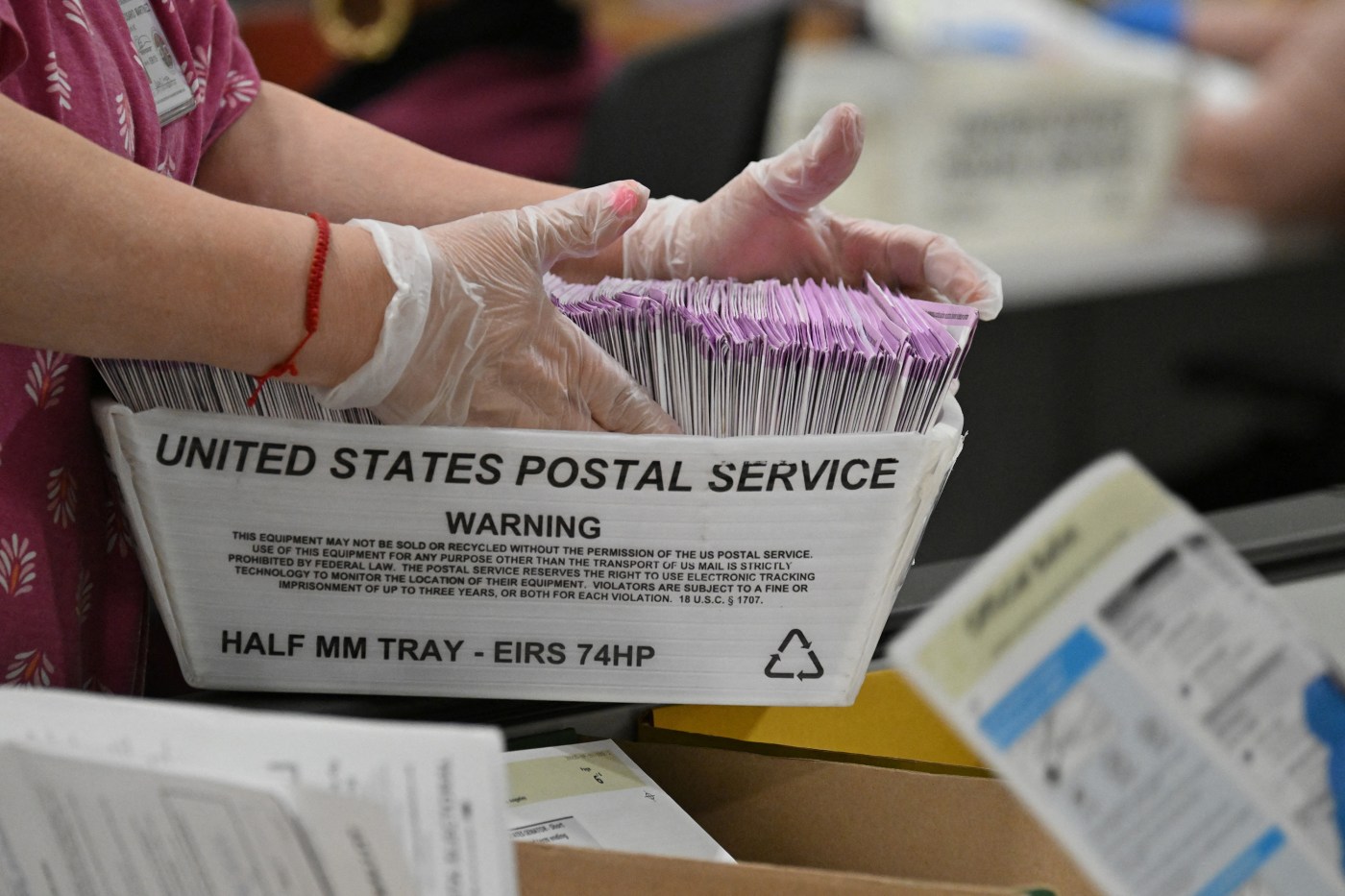The Justice Department is actively monitoring state elections in California and New Jersey as part of its efforts to ensure compliance with federal law. This initiative, which involves federal agents observing off-year elections, has sparked concerns among some Democratic leaders who view it as a precursor to the upcoming 2026 congressional elections. The monitoring is described by the department as a routine function aimed at ensuring transparency and ballot security.
California Governor Gavin Newsom has expressed alarm over these developments, asserting that they could signal a broader strategy to bolster unsubstantiated claims of voter fraud. “This is a preview of 2026,” Newsom cautioned, urging the public to remain vigilant. In New Jersey, residents will vote on a new governor while California is conducting a referendum regarding congressional redistricting.
The ongoing allegations of voter fraud stem largely from the rhetoric of former President Donald Trump and his allies, who have persistently claimed that the 2020 election was marred by widespread fraud. Despite a lack of evidence to support these assertions, Trump continues to advocate for increased federal oversight in state elections. He has stated, “We can never let what happened in the 2020 election happen again,” indicating his desire for stringent election measures.
The Justice Department’s recent actions follow local Republican criticism of mail-in voting, which has been a focal point of Trump’s campaign against perceived electoral fraud. Although previous administrations have deployed federal monitors during elections, the current situation is unique as there are no federal elections scheduled for the immediate future.
Newsom and Illinois Governor J. B. Pritzker, both potential candidates for the 2028 presidential race, have raised questions regarding the Justice Department’s motives. They have pointed to the department’s request for detailed voter information from several states, suggesting that it could be used to substantiate claims of fraud in future elections. “That’s never happened in the history of the United States,” Pritzker noted, indicating the unprecedented nature of these demands.
The Justice Department’s efforts coincide with Trump’s ongoing campaign to assert that significant numbers of illegal immigrants have voted illegally. However, many states have resisted providing the requested data, leading the department to file lawsuits against eight states, including California. In a recent examination of Texas voter registrations, officials found only 2,724 noncitizens among 18.6 million registered voters, a figure that constitutes approximately 0.01% of the total.
In March 2020, Trump signed an executive order mandating proof of citizenship for voter registration and restricting the counting of mail-in ballots received after Election Day, even if postmarked by that date. This order has faced legal challenges, with federal courts blocking the enforcement of the citizenship requirement.
Amid these developments, Newsom and Pritzker remain wary of the Justice Department’s intentions. Their concerns reflect a broader apprehension among Democrats regarding the potential implications of federal oversight in state elections, particularly as the nation approaches the critical 2026 elections. The actions taken by the Justice Department and the ongoing dialogue surrounding voter fraud will likely continue to influence the political landscape in the years to come.
